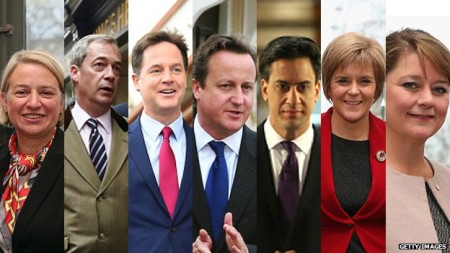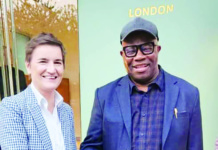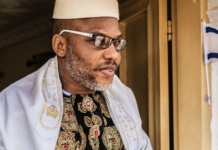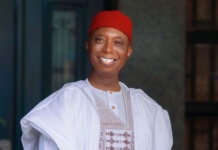The general election in Britain, which will decide whether to renew the mandate of Prime Minister David Cameron is less than 100 days away, May 7th to be precise, while the election in Africa’s most populous nation, Nigeria, is fixed for February 14th & 28th.
The UK is the second home to an increasing number of Nigerians and with just 6 hours air travel time, many Nigerians have dual citizenship. Thus, the cultural ties between the two countries goes beyond the colonial days. Third generations Brits of Nigerian heritage are the new crops of the Diaspora and are being looked upon as the future leaders that could shape the prospect of a better relationship between the two nations.
Election campaigns in both countries are a matter of international interest at this point in time, and will impact on Nigerians both at home and in the UK. Continuous bad governance in Nigeria will indirectly affect Nigerians in UK and if the wrong political party is elected in the UK it will negatively impact on Nigerians back home. While issues and concerns may differ slightly, standards of living, freedom of movement (immigration), health care, unemployment and security are important to both sides.
Nigerians in the UK who cannot physically participate in the voting exercise in Nigeria are actively engaging on social media to influence voters or vote by proxy, a way of telling their people who to vote for. Many forums on Facebook, WhatsApp, Twitter and other social media are filled with a range of emotions while people try to engage Nigerians across the divide. The consensus seems to be that this period might just be the best chance for Nigeria to get it right after 16 years of corrupt democratic rule.
On the UK front, participation by Nigerians in the UK is still extremely underwhelming. There is an abysmal number of ethnic minority participation in UK politics. Even in areas where ethnic minorities make up around 50% of the population, active political engagement is not visible. Research by Operation Black Vote indicate that the minority electorate could decide over 160 parliamentary seats in 2015 election, going by the 2011 census.
UK parties and ethnic voting patterns
Ethnic minorities have traditionally followed the same voting pattern, with the majority following for the major political parties. Ethnic minorities are largely influenced by immigration policy but of late the dynamics are changing very fast. BME’s are now also interested in employment, the NHS, housing and stop & search laws, and are increasingly aware of the importance equality and fair representation especially in the face of a growing ethnic population.
Failure by major political parties to realise the changing pattern will hurt them badly in the long run. Currently only 4.2% of MPs are from the ethnic minorities. Labour party have 16, Conservatives have 11 and Lib Dems have none. On the local government level, using the London Borough of Southwark as an example, the Labour party has been accused of not reflecting equality at the top. According to Prem Goyal OBE, founder of All Peoples Party, Southwark does not reflect equality in the council’s cabinet position.
Ethnic minorities underrepresented in parliament
Elected members of parliament are in a better position to influence policies thereby giving better representation to their constituencies in the House of Commons in the United Kingdom.
With a large number of Nigerians and other black ethnic minorities in the UK, it is surprising to say the least that there are only 8 black MPs currently serving in the UK.
The list of ethnic minority British politician grew at the last election with the addition of three mixed raced MPs. They are Chuka Umunna MP Labour Party Streatham, Chi Onwurah MP Labour Party Newcastle Upon Tyne Central and Helen Grant MP Conservative Party Maidstone and The Weald. Still, there is a massive gap that needs to be filled, to ensure the voices of diasporans in the UK are heard.











I was expecting some more details of the Southwark Council situation under the “UK parties and ethnic voting patterns” chapter above. Are there no statistics to back up Prem Goyal’s assertion?
Please note that when provided with story lines like this, it is then that those facts are fully imbibed, and the reader is educated.
For example, how many BEMs are actually in the Southwark Council cabinet? None?
Well written! I hope Nigerians get it right this time by voting wisely; actually knowing who and why they’re voting for their candidates.
Comments are closed.